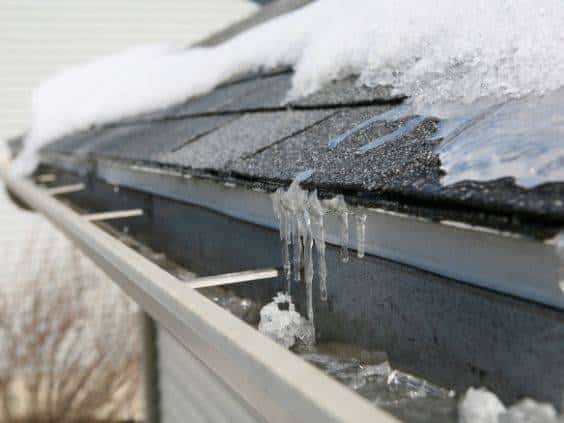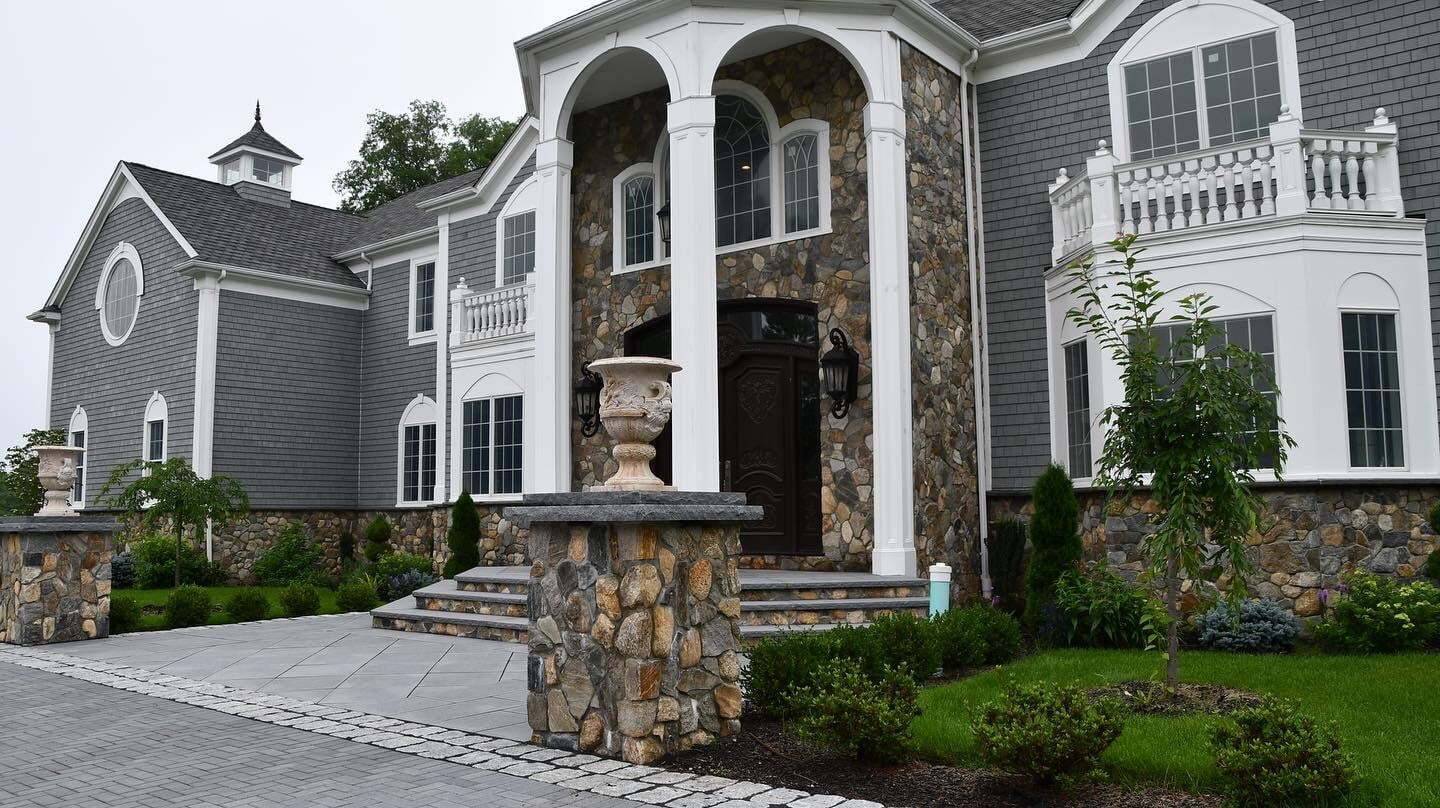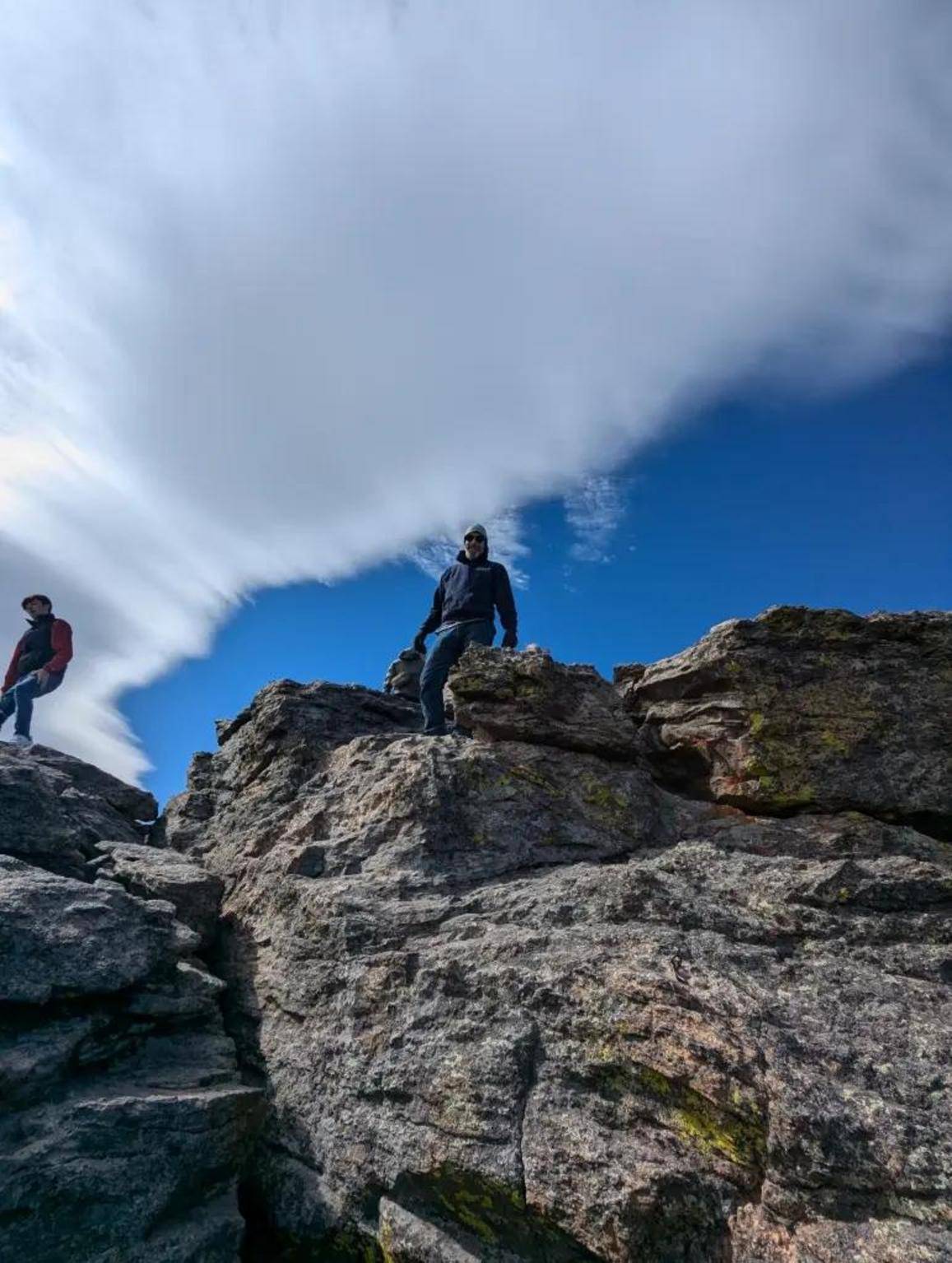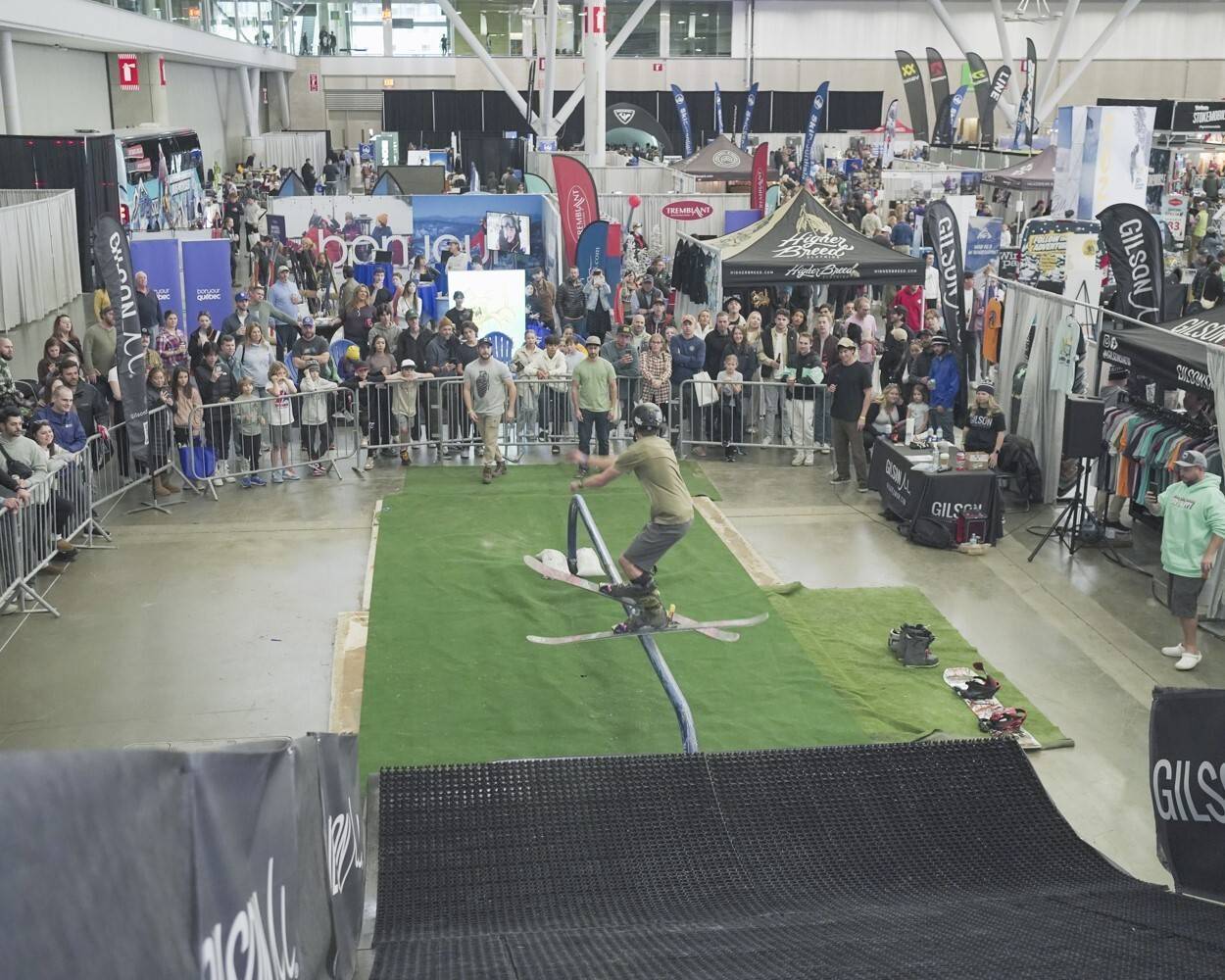Bitter cold temperatures and heavy snowfalls are common occurrences during the long winter months. If you own a home, your responsibility is to be on the lookout for damage or necessary repairs. Winter can bring some of the sneakiest home damages that can be difficult to catch until it’s too late, leading to disastrous renovations. Prevent problems as soon as they happen by knowing the most common ways winter damages your home and acting on them when you see the signs.
Plumbing Issues and Metal Pipes
In cities with old pipes and waterways, extremely cold temperatures often cause water leaks and bursts—leading to the dreaded boil order. The same event can happen with the plumbing of your home. Damage from underground pipes that have burst is expensive to fix but necessary.
Another common occurrence with plumbing is the leaks and bursts that happen within your home’s interior metal pipes. This happens most often when you leave the home for an extended period, such as for a vacation, and you don’t leave the heat on. Leaving the heat on a low setting will prevent pipes from freezing and bursting inside your home. If you want an extra level of protection, leaving faucets open when you aren’t using them will keep water moving and prevent freezing. You don’t need to leave them on full pour—just enough for the occasional drip.
Ice Dams on the Roof
You know the giant frozen waterfalls that form off the gutter of a home as snow thaws and refreezes? Those are known as ice dams, and they pose extreme danger to your home’s roof and gutter system. Before snow falls, make sure to check your gutters. Gutters should be free of debris so that snowmelt can flow freely. Ice dams that continue to build up can wedge underneath your home’s shingles and cause roof damage. Roof damage can become even pricier than you may expect—especially if leaks occur.
Brittle Tree Limbs and Frozen Wires
A frozen tree is more likely to crack and fall on your home or driveway. Ice storms can leave trees and electrical wires covered in a thick layer of ice. After an ice storm, it’s important to watch your footing around the home, and you also need to keep an eye on those frozen trees and wires. Do your best before winter comes to trim back any problematic branches, and remember, never approach a downed electrical wire. One of the more unexpected yet most common ways winter damages your home is through fires caused by electrical wires. Report any that you see to the fire department before they touch something combustible in the dry winter air.























